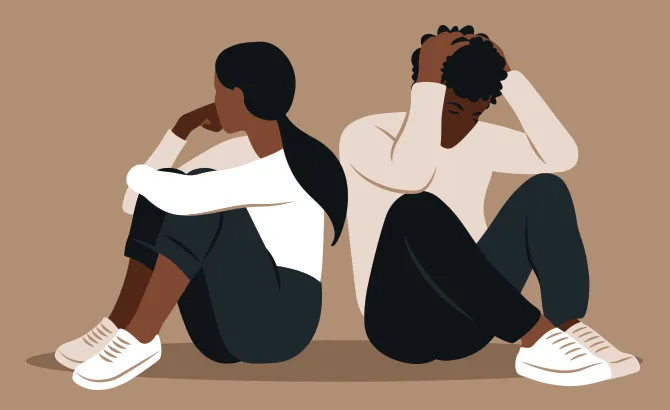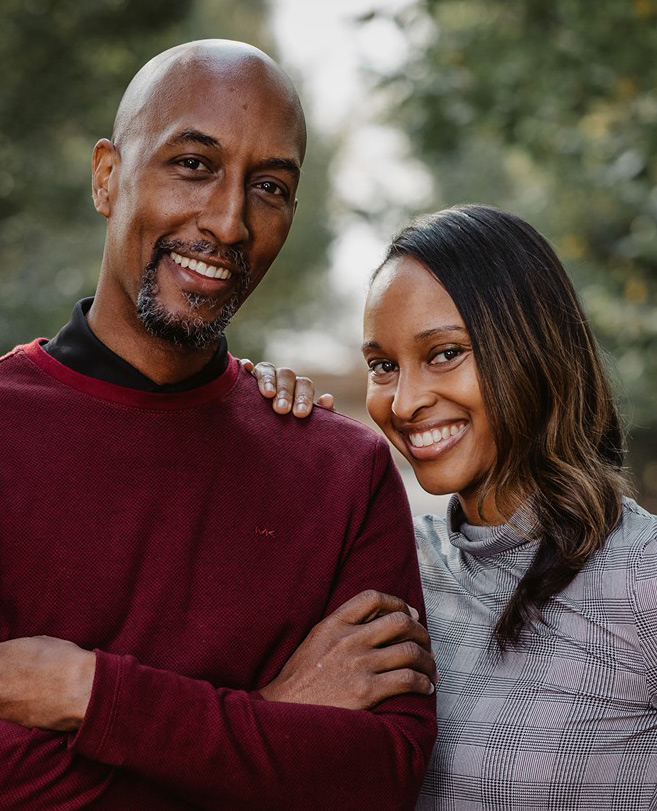and Nights
for Married
“Incels”
and Nights
for Married
“Incels”


Yet, sadness and loneliness are regular features of many marriages, not to mention feelings of rejection—a silent marriage killer. According to the American Psychological Association, “[feeling completely dismissed] increases anger, anxiety, depression, jealousy and sadness.” Repeated patterns of rejection can develop into something very serious.
We were recently introduced to a new term to describe people who fall into this category. The term is “incel” or involuntarily celibate and describes mostly single “men between the ages of 18-25 who typically express extreme resentment and hostility toward those who are sexually active” (Merriam-Webster). Many of them have been hurt by women, which causes them frustration and feelings of failure. The years of rejection cause them to resent women. They have been known to meet online and discuss their extreme hatred and sometimes become violent because of it.
Our question today is, can one be an “incel” even while married? That probably depends on whether the married person is feeling some of the same things that incels feel. Marriages with longstanding sexual rejection, disrespect, loneliness, and even resentment could have incel tendencies. But what if your spouse is the one feeling like an incel and you’re unaware of it? Here are four symptoms of rejection in marriage you can look for to insure your relationship won’t fall into this category:
Marriage is supposed to be the ultimate cure for loneliness, but in many unions isolation abounds. It doesn’t have to be this way. By paying special attention to, and accepting your partner, paying attention to their needs and remaining open to bids for connection, you can keep incel tendencies at bay.
